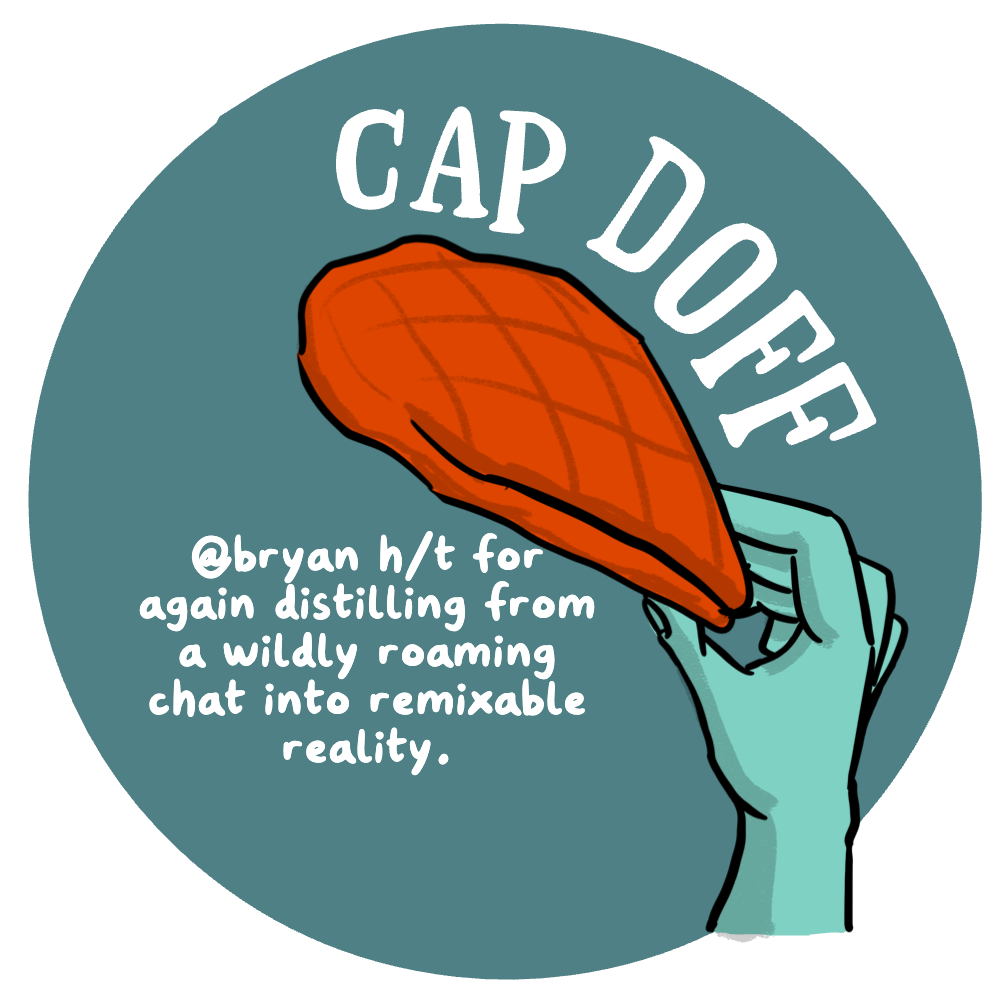Open Education Global and the University of Nantes have published the full multi-lingual program for the annual Open Education Global Conference that will take place online from Monday, Sept 27th until Friday, Oct 1st 2021.
This year, the online event puts a spotlight on each of the UNESCO OER Recommendation action areas. Through a range of live webinars, pre-recorded presentations, interactive sessions and social activities, delegates will collectively contribute their experiences, innovative ideas and inspiring proposals that will guide the implementation of the UNESCO’s OER Recommendation. Each day of the conference is dedicated to a different action area of the Recommendation.
- Day 1: Capacity Building provides a spotlight on how the global open education community is currently building the capacity to create, access, re-use, adapt and redistribute OER.
- Day 2: Policy will focus on the ways that the global open education community is developing supportive policy.
- Day 3: Access highlights how the global open education community is generating effective, inclusive and equitable access to quality OER.
- Day 4: Sustainability will look at ways to engage the global open education community to nurture the creation of sustainability models for OER.
- Day 5: International Cooperation will focus on how the open education community can facilitate international cooperation and collaboration to advance the UNESCO OER Recommendation.
Using this structure, a diverse and exciting program for the online conference was created by the program co-chairs, Wayne Homes and Davor Orlic, and a large team of reviewers from the global open education community.
The full OE Global Online Conference program’s structure includes a range of different formats that ensures the participants fully engage with the action areas …
- 21 live webinars with 74 presentations across 5 languages: Each conference day will feature live webinars centred on the UNESCO OER action area of that day and scheduled by language. Each webinar will be facilitated by a session chair, will feature up to 5 presentations, and will conclude with a discussion. There will be 13 webinars in English, 3 in Spanish, 2 will be in French, with one webinar in Arabic and Chinese.
- 33 asynchronous interactive activities across 3 languages: Each online conference day will include asynchronous interactive activities that are focused on the action area of the day. Interactive activities are short, have a clear purpose, and produce an outcome that contributes to implementation of the UNESCO OER Recommendation.
- 13 anytime presentations in English: Those presentations that could not be included in the live synchronous webinars, will be pre-recorded and uploaded to the conference platform and will be available across all five days. They will be further highlighted as relevant to the UNESCO OER Recommendation action area of the day.
- Social Activities: There are a host of exciting, fun, and informal social activities planned to encourage connection and engagement between participants.
The online conference will take place on OEG Connect. The conference area on OEG Connect is being developed to host the full interactive schedule. The platform will also provide every session with a dedicated space featuring the abstract, slides, recordings, and relevant supporting materials. This dedicated space will enable links and resources to be added, and comments and on-going discussions to take place.
All sessions will also have rapporteurs, who will prepare summaries of the main findings and trends observed during the sessions in relation to the different UNESCO OER Recommendation Areas. Rapporteurs will also support event bridging activities during the period leading up to the OEGlobal 2022 In-Person Congress in Nantes in May 2022.
Learn more about the OEGlobal 2021 online conference here. Registration is open.

